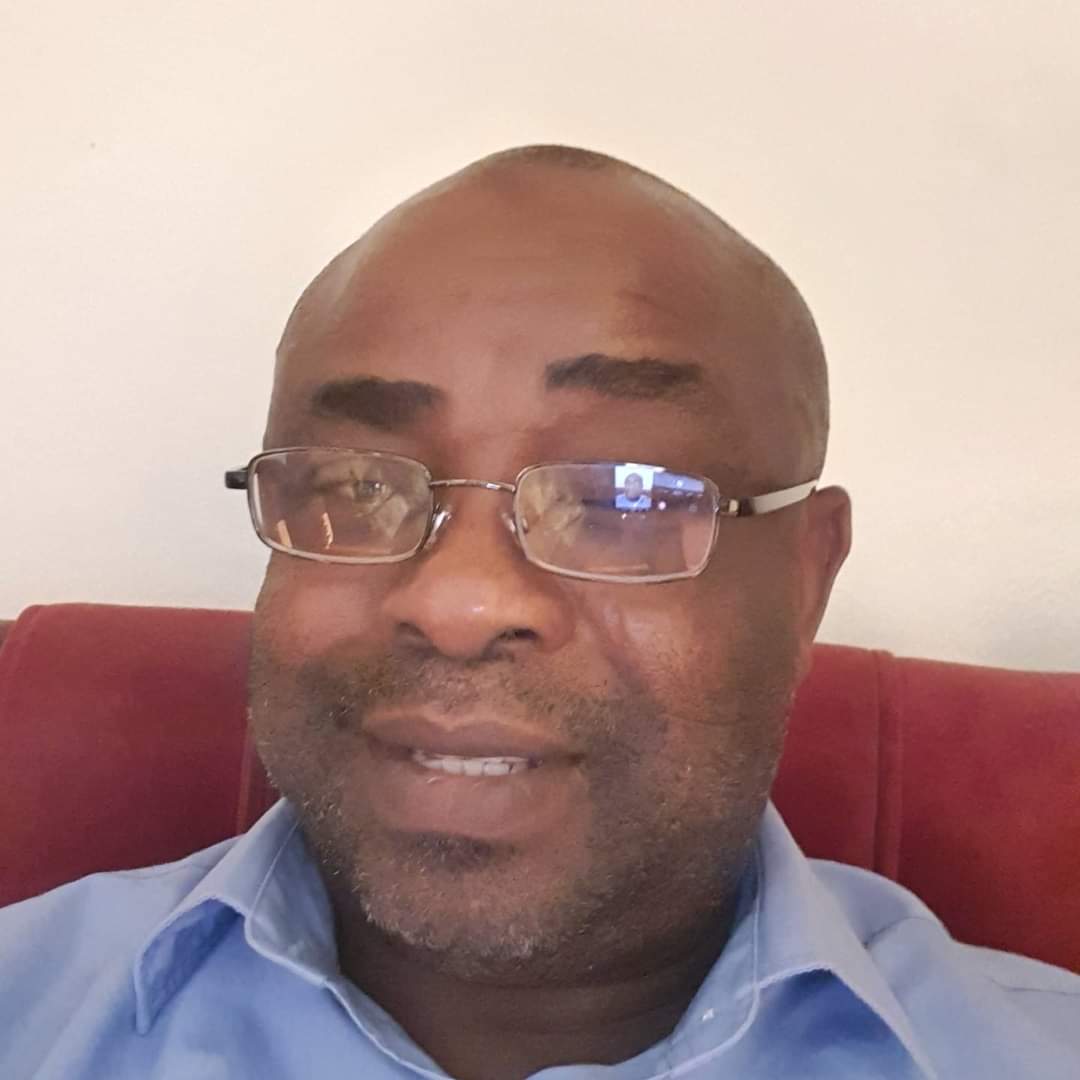By Abayomi Nifesi Edema
A university don, Dr. Kola Adeshina has called on the United Nations to draft a charter that would address the anti-social potential of social media across the world while protecting individual’s rights to freedom of expression.
He made this call during a virtual webinar organised by an alumni group of the Department of Mass Communication, Crescent University, Abeokuta- Ogun State last weekend titled, EndSARS Protest: What worked, went wrong and way forward.
Adeshina said the violence that trailed the EndSars Protest across Nigeria was largely fueled by fake news, one of the potential dangers of social media.
“Social media is too powerful and far-reaching for it not to be regulated. What we have seen in the past 72 hours is a clear manifestation of the anti-social potential that social media possess. There are many applications that can be used to fake realities and simulate real life situations. Often times, these apps are used to confuse social media consumers and trigger events, the likes of what we have seen across the country.”
“Fake news is not just a Nigerian problem, it is global. The world has to address it now before it plunges it into a third world war. Some scholars are already advocating for a UN Charter in this regard and I strongly believe this should be done. Countries like the UK, Germany and some other advanced economies have different forms of regulation on social media. They work with the tech companies to reduce the risk of spreading fake news, cyber bullying and others. We need to have some form of control here and now is the best time to do something. This has nothing to do with press freedom or freedom of expression” He added.
Dr. Adeshina, a scholar of Development Communications and Head, Department of Mass Communication, Crescent University, Abeokuta, Ogun State also blamed traditional media for their role in the coverage of the EndSARS protest across the country.
“Conventional media can’t be excused from the violence that we have seen in the past few days. They got carried away in their coverage of the protests and took sides. Rather than showing the news, they told the news. Their news commentary were not completely neutral.” He expounded.
He noted that with Nigerian media embracing 24- hour instatenous news cycle, news editors now have little time to think through stories.
“Events happen quite fast and news editors publish without having enough time to think them through. Speed is now priority and accuracy and impact are somewhat an afterthought. This is a challenge in journalism today just as much as it is in political communication too. Events happen fast and media and political gladiators have little time to think about how to report or respond to them. The public want information and they want it now. Having time to think would require a media organisation to pause, fact check and think about the structure of the news. What we have largely today is a race to be the first to publish stories even if we are not sure of the veracity of claims”.
“If many conventional media had paused to fact check some of the UGCs (user generated contents) that came from Lekki Toll Plaza on October 20, 2020, perhaps the story would have been different.” He retorted.
Asked about the facts of the Lekki ‘masaccre’, Adeshina said “they are sketchy”. According to him, it was difficult to separate facts from fiction. He claimed what Nigerians and the world have or know at the moment is ‘faction’, a hybrid of facts and fiction.
“The world was fooled to believe that 79 protesters were killed. Less than four hours after pictures and names of supposed victims surfaced on social media, we started seeing rebuttals, people saying they were alive and not even at the venue of the event. One was not even in Lagos. Some of the publishers of this misinformation have gone back to social media to apologize for their posts but those came after the whole country had gone frenzy with an orgy for vengeance leading to the burning down of government and private properties in some states. Lagos state for instance would need about N1trn to rebuild assets lost to the violence. Sadly, people were also killed. We need to regulate social media before fake news destroys the very fabric of society.”
“This is the time to revisit the Social Media Bill in Nigeria, call a town hall meeting to review its provisions, amend sections that are considered ‘anti-public’ and pass it into law. The bill can’t be completely ‘evil’ as earlier portrayed, we need to make every social media user in Nigeria responsible for their online activities. We have two options in our hands, do nothing or do something to preempt the recurrence of what we are dealing with today. We all need time to think before sharing or posting stuff on social media”.
Dear readers, we really need your support to keep on serving you with authoritative, truthful, and juicy stories everyday. For your support, please reach out to the editor @gavelinternational66@gmail.com

